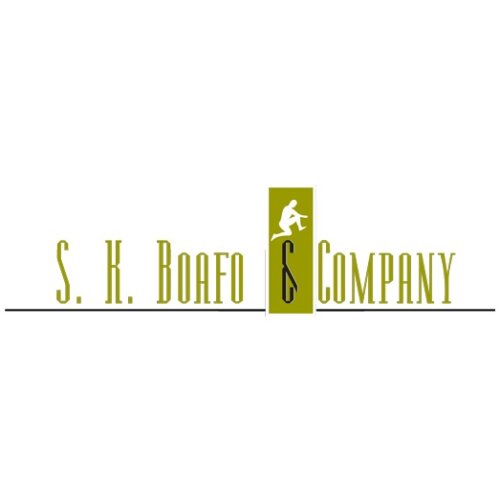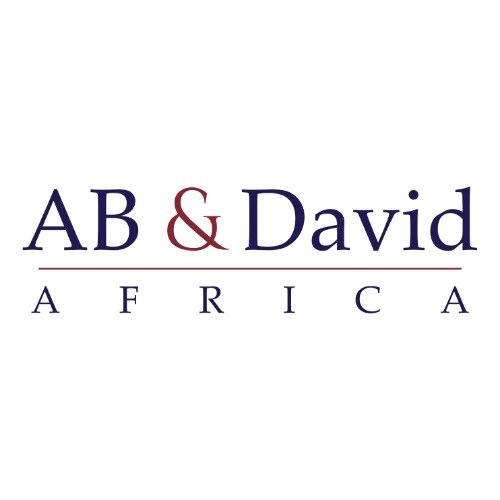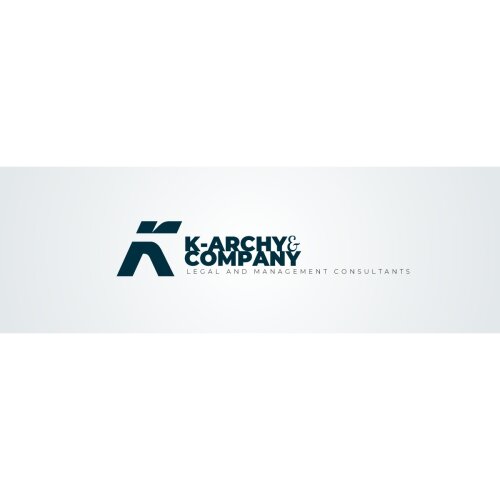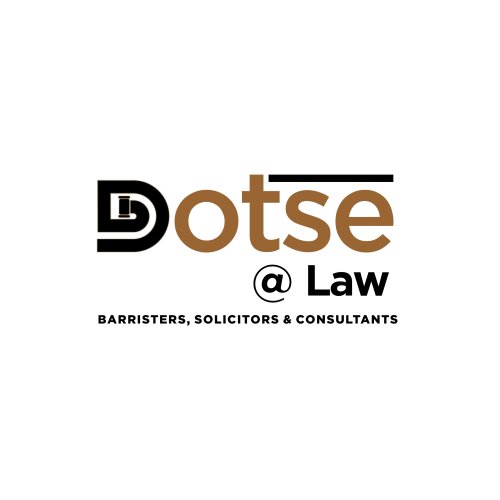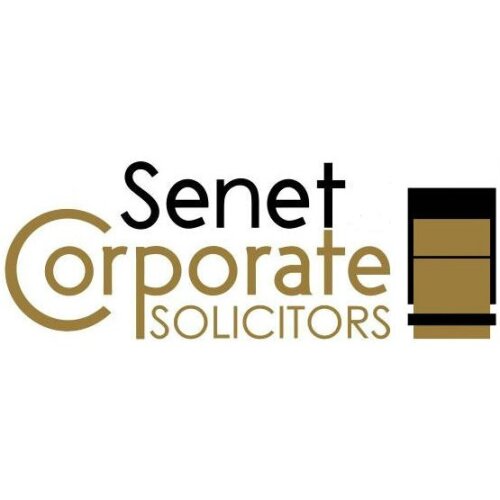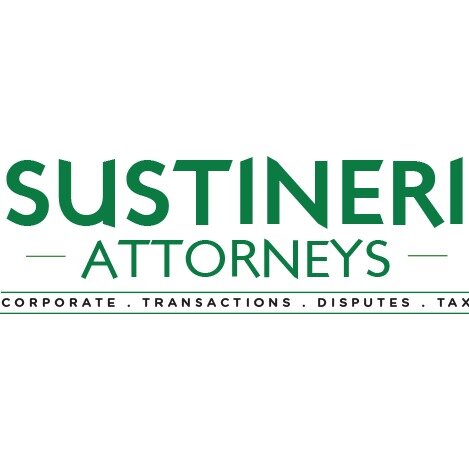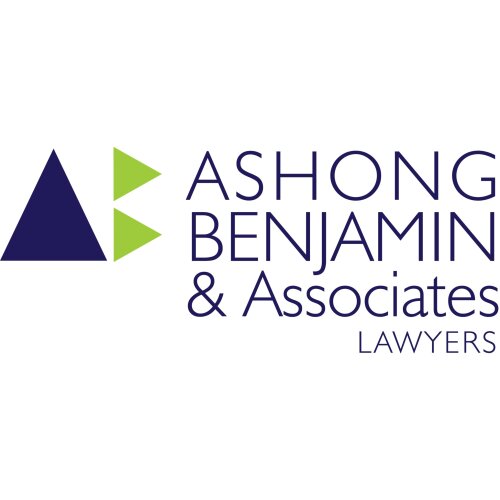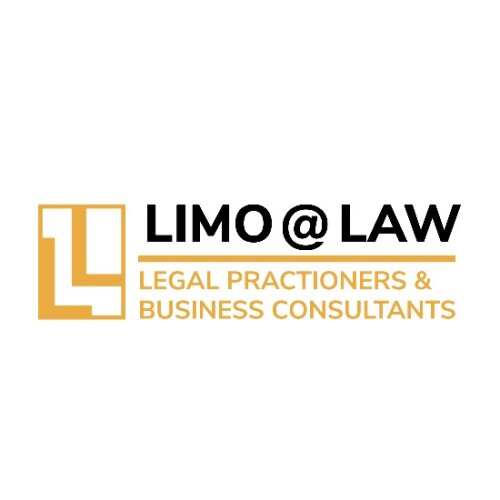Best Licensing Lawyers in Ghana
Share your needs with us, get contacted by law firms.
Free. Takes 2 min.
Or refine your search by selecting a city:
List of the best lawyers in Ghana
About Licensing Law in Ghana
Licensing law in Ghana involves the regulation and authorization of various activities and businesses by the government to ensure compliance with national standards and laws. Licenses are required for a range of undertakings, from operating businesses and engaging in specific trades to utilizing natural resources and protecting intellectual property rights. The government issues licenses through various ministries and agencies to regulate activities, maintain order, and promote economic development. Understanding the intricacies of these processes is crucial for individuals and businesses seeking to operate legally within the country.
Why You May Need a Lawyer
Securing legal assistance in the field of licensing can be crucial for several reasons. Here are some common situations where you may benefit from hiring a licensing lawyer in Ghana:
- Starting a Business: Navigating the complex licensing requirements for new businesses can be challenging. A lawyer can ensure you meet all legal obligations.
- Intellectual Property Protection: If you want to protect a trademark, patent, or copyright, a lawyer can help you through the application process and ensure your interests are safeguarded.
- Operating in Regulated Industries: Industries such as mining, telecommunications, and pharmaceuticals have specific licensing laws. Legal advice may be needed to comply with industry-specific regulations.
- Compliance Issues: If you face fines or penalties for licensing violations, a lawyer can help you navigate the process and negotiate with authorities.
- License Renewals and Expansions: Professional guidance can be beneficial when renewing licenses or expanding business operations to ensure compliance with evolving regulations.
Local Laws Overview
Key aspects of local laws relevant to licensing in Ghana include the following:
- Corporate Licensing: Businesses must obtain a general business license and potentially additional licenses based on the type of operations.
- Sector-Specific Licensing: Industries such as mining, telecommunications, agriculture, and fishing have sector-specific licenses governed by respective regulatory bodies.
- Intellectual Property Rights: Laws governing patents, trademarks, and copyrights require registration with the Ghana Intellectual Property Office.
- Labor and Employment: Businesses need to comply with licensing requirements related to employing foreign workers, governed by the Ghana Labor Commission.
- Environmental Licensing: Projects with potential environmental impacts require an Environmental Protection Agency (EPA) permit.
Frequently Asked Questions
1. What types of businesses need to be licensed in Ghana?
All businesses need a general business license. Specific industries such as mining, fishing, telecommunications, and hospitality may require additional licenses.
2. How long does it take to obtain a business license?
The duration depends on the type of license and industry. Generally, it can take a few weeks to several months.
3. What happens if my license application is denied?
You can typically appeal the decision or reapply after addressing the reasons for denial as outlined by the licensing authority.
4. Do licenses need to be renewed?
Yes, most licenses require periodic renewal, which may be annually or every few years, depending on the type of license.
5. What are the consequences of operating without a license?
Operating without a license can result in fines, penalties, or closure of your business by regulatory authorities.
6. Are there online resources for licensing applications?
Yes, the Registrar General's Department and some regulatory bodies offer online platforms for licensing applications and renewals.
7. Can a foreigner obtain a business license in Ghana?
Yes, but there may be additional requirements, such as obtaining a work permit or meeting certain investment criteria.
8. What role does the Registrar General's Department play in licensing?
The department facilitates business registration and issues necessary licenses for companies operating in Ghana.
9. Can I transfer my business license to another person?
This depends on the type of license. Certain licenses may be transferred or assigned with the consent of the licensing authority.
10. How can I find a qualified licensing lawyer in Ghana?
Consider researching law firms specializing in business law or contacting the Ghana Bar Association for recommendations.
Additional Resources
Here are some resources that can provide further assistance and information on licensing in Ghana:
- Registrar General's Department: Responsible for business registration and licensing.
- Ghana Intellectual Property Office: Handles matters related to intellectual property rights.
- Environmental Protection Agency (EPA): Issued licenses for activities impacting the environment.
- Ghana Immigration Service: Provides information on employment licenses for foreign nationals.
- Ghana Bar Association: Offers directories and contact information for qualified lawyers.
Next Steps
If you require legal assistance in licensing, consider the following steps:
- Identify Your Needs: Determine the specific type of license and legal assistance required for your business or activity.
- Research Qualified Lawyers: Look for law firms or individual practitioners specializing in licensing law in Ghana.
- Schedule Consultations: Meet with potential lawyers to understand their expertise, approach, and fees.
- Prepare Documentation: Gather all necessary documents, such as business registration, identification, and any relevant previous licenses.
- Proceed with Applications: Work with your chosen lawyer to submit license applications or address any legal issues.
By following these steps, you can ensure that your licensing requirements are met efficiently and legally in Ghana.
Lawzana helps you find the best lawyers and law firms in Ghana through a curated and pre-screened list of qualified legal professionals. Our platform offers rankings and detailed profiles of attorneys and law firms, allowing you to compare based on practice areas, including Licensing, experience, and client feedback.
Each profile includes a description of the firm's areas of practice, client reviews, team members and partners, year of establishment, spoken languages, office locations, contact information, social media presence, and any published articles or resources. Most firms on our platform speak English and are experienced in both local and international legal matters.
Get a quote from top-rated law firms in Ghana — quickly, securely, and without unnecessary hassle.
Disclaimer:
The information provided on this page is for general informational purposes only and does not constitute legal advice. While we strive to ensure the accuracy and relevance of the content, legal information may change over time, and interpretations of the law can vary. You should always consult with a qualified legal professional for advice specific to your situation.
We disclaim all liability for actions taken or not taken based on the content of this page. If you believe any information is incorrect or outdated, please contact us, and we will review and update it where appropriate.
Browse licensing law firms by city in Ghana
Refine your search by selecting a city.



